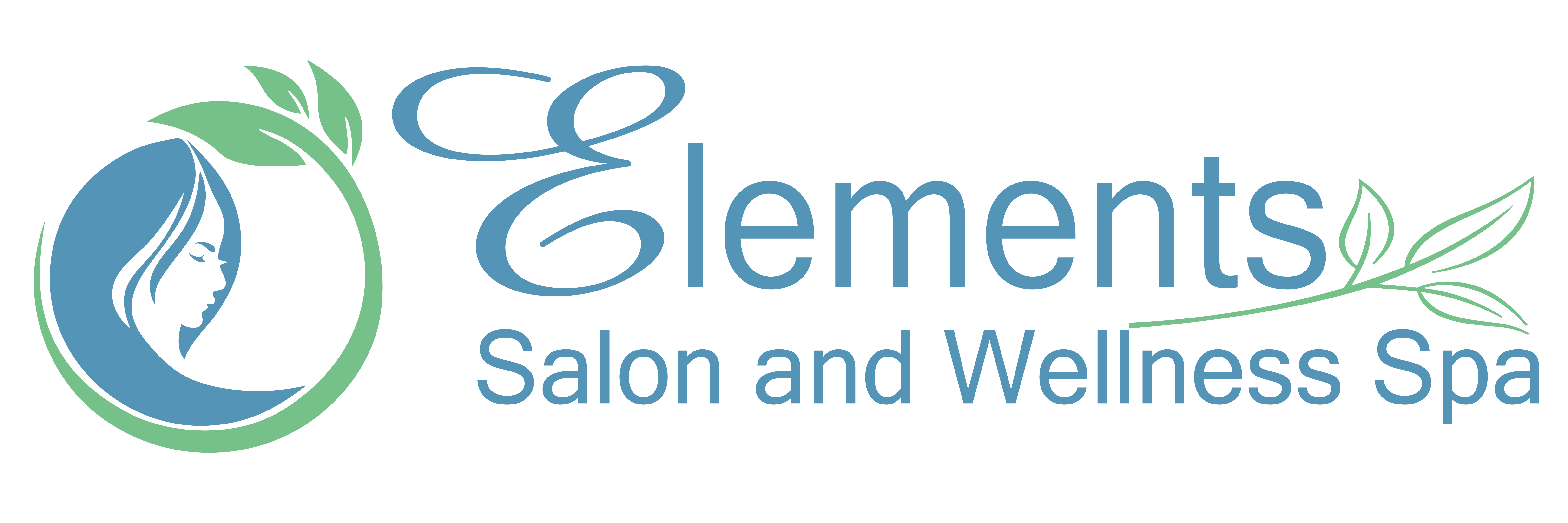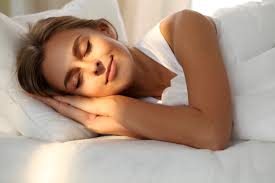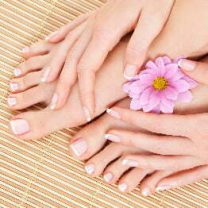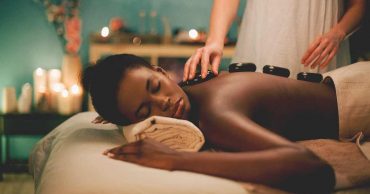The right amount of sleep is necessary for maintaining a healthy, functioning body. However, an estimated 50 to 70 million Americans experience sleep issues that affect their health, which often leads to low work performance, slowed reaction time, obesity, higher risk of longtime disease, and substance abuse.
According to certain studies, massage therapy has found to be beneficial for:
- Insomnia-related stress
- Anxiety
- Digestive disorders
- Headaches
- Soft tissue strains or injuries
- Myofasical pain syndrome
- Sports injuries
Massage therapy can reduce fatigue and improve a person’s sleep. Massage has also been shown to improve sleep in infants, children, adults, and the elderly alike, as well as individuals with fibromyalgia, cancer, heart disease, lower back pain, cerebral palsy, and breast disease.
Good facts to know:
The “Body Clock”
Many people report that they fall asleep easily, but wake up at the same time in the middle of the night. This can be incredibly frustrating, especially is you can’t fall back asleep and wake up tired the next day. The concept of the “Organ Clock” in Chinese medicine is a useful tool in understanding why this occurs. In Chinese medicine, energy or qi, moves through the body’s meridians and organs in a 24 hour cycle. Every two hours, the qi (or energy) is strongest within a particular organ and its functions within the body. The body, mind and emotions are inseparable in Chinese medicine- meaning that if you have disharmony in your physical body, it is tied to your emotional state. So if you wake up at 3 AM, when Liver energy peaks, you may be suffering from Liver Qi stagnation, which could be related to an unhealthy diet- excess alcohol consumption, unresolved anger or high levels of stress. If you consistently wake up at 4 AM, it could be due to an imbalance in your lungs, which is related to grief and sadness, fatigue, and reduced immune function.
The most important time to sleep!
Many people are night owls and think nothing of it, especially if you get a decent amount of sleep each night. However, according to Chinese medicine, it’s not only how much sleep you get that matters, but also when you get it. A bedtime of 10:30pm (at the latest) is advised so that you are asleep by 11pm when the liver and gallbladder start to regulate qi, process emotions, balance hormones and detoxify the body. The window from 11pm-3am, which correlated to the liver and gallbladder, is the most important in terms of maintaining health, especially as you age.
The deepest part of sleep, or Slow Wave Sleep (SWS), is the most restorative part of our sleep. During these hours the stress hormone cortisol is reduced and parasympathetic nervous system activity increases, which allows us to fully rest and move away from the fight or flight responses that dominate during waking hours. SWS is associated with memory or learning. A lack of this type of sleep can lead to reduced daytime functioning and alertness as well as waking feeling unrefreshed. Human growth hormone, which is essential to repairing our bodies from daily injury and maintaining health, is released from 9pm-7am, making each hour of sleep during this time critical.
Check out the guidelines below to learn about why you may be waking up at a certain hour at night:
9 PM-11 PM–Triple Burner (related to the heart and pericardium) Emotion: Joy or lack of joy, depression, hopelessness. Functions: The triple burner is not a distinct organ but is related to our endocrine and lymphatic systems. It controls metabolism within the body. Symptoms of imbalance: Mania, feelings of guilt, depression, adrenal fatigue, hormonal imbalance, sluggish metabolism, frequent headaches, fatigue, earaches. Tips: Consider going to bed earlier, establish a calming nighttime routine, avoid artificial light after 9pm.
11 PM-1 AM– Gallbladder (strongly tied to the liver) Emotion: Indecisiveness Functions: The Gallbladder stores and excretes bile to facilitate proper digestion. It also rules the decision making process, controls the sinews and tendons and governs dreams. Symptoms of imbalance: Indecision, frequent sighing, rash decisions, poor judgment, difficulty making decisions, shyness, high cholesterol, resentment, dream-disturbed sleep, weak tendons. Tips: Avoid alcohol, trans fats and spicy food. Eat a smaller dinner well before bedtime and avoid snacking before bed.
1 AM-3 AM–Liver Emotion: Anger/Irritability Functions: The liver is responsible for detoxifying our bodies and processing emotions each night. Think back to a night when you had too much to drink or a period of intense frustration at work. Did you wake up between 1-3am unable to fall back asleep? From a Chinese medicine perspective your liver was overloaded with and struggled to do its work. Symptoms of imbalance: Explosive outbursts of anger, bottled up emotions, resentment, irritability, moodiness, frustration, high blood pressure, PMS, bitter taste in mouth, red face, blurred vision. Tips: Make sure to drink alcohol in moderation and eat your last meal a few hours before bed. Consider a whole foods cleanse. Cut out coffee for a week and replace it with green tea. Get regular exercise.
3 AM-5 AM– Lung Emotion: Sadness/Grief Functions: The lungs govern the respiratory and immune system, regulate the sweat glands, and moisten the skin. Symptoms of imbalance: Feelings of sadness or grief that have not been dealt with, shortness of breath, sweating easily, weak voice, fatigue, cough, headache, asthma, chest pain, dry skin. Tips: Try breathing exercises, meditation or yoga to improve your lung capacity. Consider getting counseling or talking to a friend about feeling of sadness or grief.
The different types of massages that help improve your sleep:
- Swedish massage—This is a gentle form of massage that uses long strokes, kneading, deep circular movements, vibration, and tapping to help relax and energize.
- Deep massage—This massage technique uses slower, more-forceful strokes to target the deeper layers of muscle and connective tissue, commonly to help with muscle damage from injuries.
- Sports massage—This is similar to Swedish massage, but it’s geared toward people involved in sport activities to help prevent or treat injuries.
- Trigger point massage—This massage focuses on areas of tight muscle fibers that can form in muscles after injuries or overuse.
Fun Fact:
Human beings have an intrinsic and powerful connection to sunlight that evolved over thousands of years. Before the advent of electricity, we were bound by the constraints of daylight, and our sleep cycles followed suit. But today, electricity and technological stimulation allow our minds and bodies to be active after sundown, which can wreak havoc on our health. Many hormonal processes in our body are literally hardwired to be orchestrated by sunlight and the absence of sunlight. It is no surprise that adhering to a normal sleep pattern is therefore highly important to maintaining optimal health.




